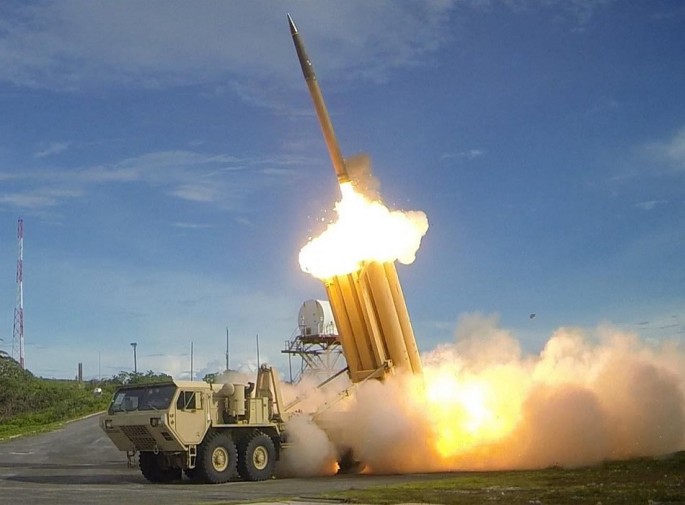Amid continuing tensions on the Korean Peninsula, China expressed concerns over plans by the United States and South Korea to deploy an advanced missile system on the latter's territory.
Chinese Foreign Ministry spokesperson Hua Chunying said that the two countries' plans to deploy advanced Terminal High Altitude Area Defense (THAAD) missiles can potentially harm peace and stability in the region and escalate the already tense situation.
Hua said that China remains in its position against the deployment of such systems, the Global Times reported. He also stressed that the countries concerned should exercise prudence when dealing with the issue at hand.
The spokesperson went on to remind other nations that, when pursuing their own security goals, they must also take other nations' security into account. He also revealed that his country has already expressed its position on the matter to the U.S. through diplomatic channels.
The U.S. and South Korea announced on Sunday that they have started negotiations for the deployment of the controversial missile defense system.
According to U.S. Department of Defense spokesperson Peter Cook, the main goal of the talks was to determine the feasibility of the deployment of the system in the Korean Peninsula "in the earliest time possible."
Cook also allayed concerns that it might be used against other countries, stressing that it will only be used to defend South Korea against potential aggressive actions made by the neighboring North Korea. He stressed that this is part of the U.S.' commitment to defending its allied country, China Daily reported.
Analysts said that the negotiations are likely a response to the North's announcement that it has successfully launched a long-range rocket carrying a Kwangmyongsong-4 Earth observation satellite.
The THAAD missile system is designed by the U.S. to target and intercept high-altitude missiles similar to the one launched by the North.
The announcement of the launch came just a month after North Korea claimed that it has successfully tested its first-ever hydrogen bomb.



























